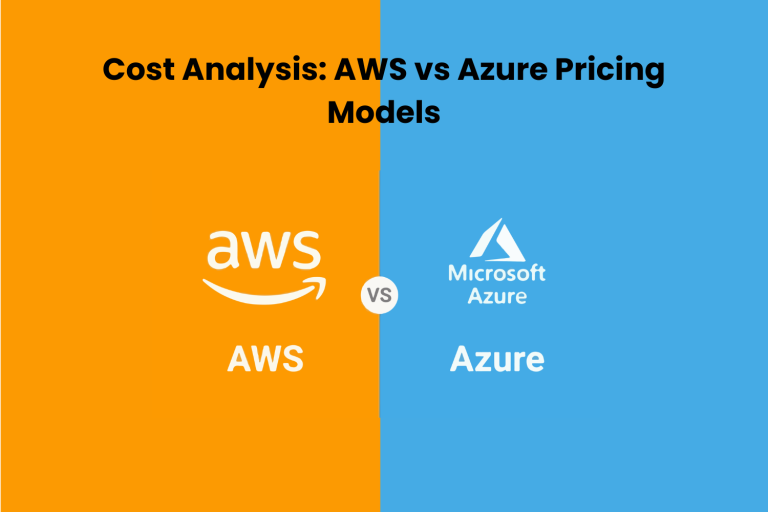The Future of Disability: Emerging Trends in Social Security Benefit Policies in Fresno
As the administration of Social Security disability benefits continues to progress in Fresno and nationally, residents with disabilities need to comprehend current policies and remain knowledgeable about new enhancements that could affect their Fresno Social Security disability benefits coverage. Staying updated on the most recent qualification rules, filing procedures, and possible improvements can empower people with disabilities to obtain necessary assistance. This article investigates today’s landscape of disability plans in Fresno, arising patterns, and what the outlook entails for refining policies to better support the disabled population. The capacity to access financial relief and healthcare services constitutes a crucial lifeline for many impaired by physical or cognitive health constraints.
Current Standing of Disability Advantages in Fresno
In Fresno, the two predominant publicly-funded disability offerings are overseen by the Social Security Administration – Social Security Disability Income (SSDI) and Supplemental Security Payments (SSP). SSDI assists disabled people who have logged years of payroll tax contributions, while SSP income-tests candidates to meet stringent earnings maximums. To receive recurring cash benefits and medical coverage through either federal offering, hopefuls must fully satisfy in-depth physical and mental health examinations and documentation requirements.
Meeting all the requirements and navigating the application process can be extremely difficult. Applicants must provide thorough medical documentation of their disability from doctors, test results, and treatment histories. Even then, many initial applications are denied, and the appeals process can take years before benefits are awarded. This leaves many struggling without income or healthcare while awaiting a final decision.
Once awarded disability benefits, recipients still face challenges like payment delivery methods, healthcare access barriers, and transportation issues that can severely impact their daily well-being. More holistic support is needed to smooth the transition process.
Advancements in Benefits and Policies
A. Recent technology improvements are making it easier for people with disabilities to access up-to-date benefit information and apply for SSDI/SSI online. Further digitization could streamline communications and provide application status tracking. Increased website accessibility standards also help those requiring assistive devices to stay informed.
B. Congress has made efforts around disability benefit reform, but substantial legislative changes may still take years to finalize. Recent proposals aim to update outdated guidelines, improve healthcare access, and provide more assistance for those wanting to return to the workforce. Amending eligibility factors could open up benefits to more individuals.
C. Diversity and inclusion initiatives for the disabled are bringing overdue attention to underserved groups. Improving interpretation services aims to decrease language barriers for non-native English-speaking applicants. There is also a push for better data collection and disaggregation to identify gaps for marginalized communities.
D. For SSDI recipients, vocational rehab programs provide job skills training and career guidance. New regulations allow recipients to test out their capacity to work while protecting their benefits status. Further expansion of similar “trial work periods” could enable more disabled individuals to enter fulfilling employment.
E. Policy experts argue disability programs must include broader social services and community resources to address healthcare gaps impacting overall wellness. Partnerships with support groups, public health agencies, and nonprofits foster a holistic approach to improving quality of life.
F. Stronger partnerships between government agencies and community organizations also help connect beneficiaries with local programs and resources that many are unaware of. Improved referral networks and coordinated enrollment processes for multiple assistance programs aim to alleviate financial burdens.
G. Long constrained mental health care access has received greater prominence in proposed disability reforms. Calls remain for improved examiner training, reduced application backlogs, and fast-tracked decisions for psychiatric conditions. Destigmatization efforts combined with education campaigns also help those struggling to reach out for support sooner.
Future Challenges and Opportunities
Looming Social Security funding shortages challenge maintaining current benefits levels while demands increase with aging Baby Boomers. Stricter reviews of existing disability cases could jeopardize vital financial support for many. Healthcare budget constraints also impact resources allocated to disability programs.
However, these funding issues underscore the opportunity to optimize programs moving forward through better coordination between federal, state, and local agencies. Collaborative efforts to streamline administrative processes could yield cost savings to sustain programs. Updated technology infrastructure and digitized records also support efficiency gains.
Community engagement presents a significant opportunity to guide positive changes in disability policies. Local advocacy groups can best represent the diverse needs of America’s disabled. Sustained public education and awareness campaigns help drive reforms forward by keeping disability needs on legislators’ agendas. Proactive involvement is critical to ensuring fair and accessible disability programs for all.
Sum-ups
As the needs of Fresno’s disabled community continue evolving, recent trends signal improvements in accessing Social Security’s disability benefits and supplemental services vital to wellbeing. However, achieving equity in assistance for all disabled groups remains challenged by resource constraints and administrative complexities.
Ongoing policy updates focused on streamlining application processes, expanding employment support initiatives, and holistic healthcare improvements can lead to increased financial stability and self-sufficiency. Combined with proactive community engagement, Fresno groups can help guide positive changes to sustain disability programs for both current and future generations. The future holds promise, but continued participation is vital in shaping more comprehensive disability policies.






